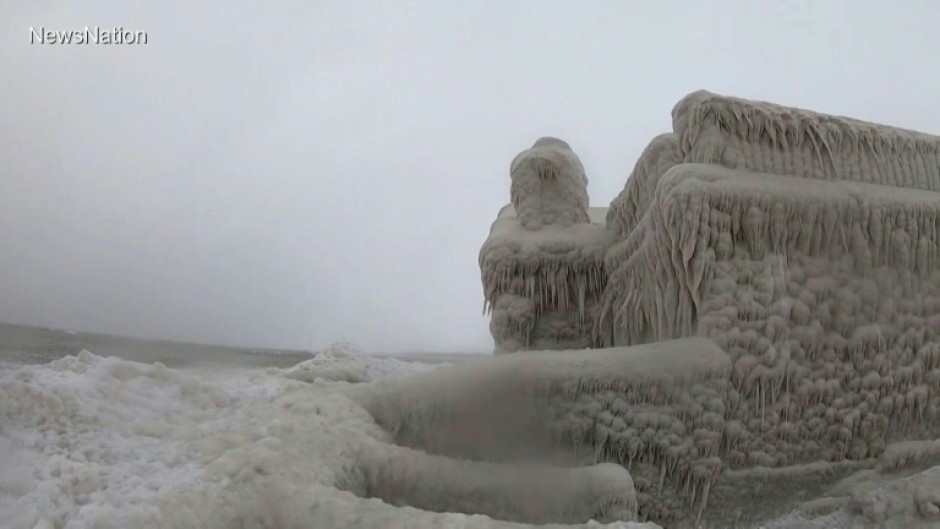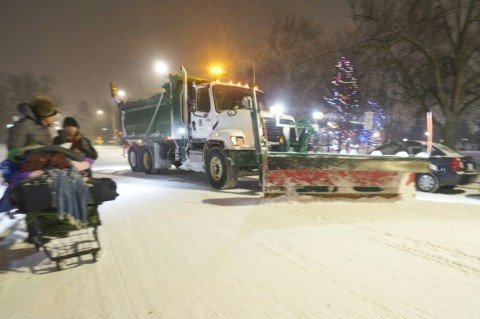
NEW YORK - More than 200,000 Americans woke up without power on Christmas morning as a days-long winter megastorm that hammered several eastern US states on Sunday left more than 20 people dead.
The extreme weather, a mix of prolonged blizzards and historic cold, plunged wind chill temperatures in all 48 contiguous US states below freezing this weekend, stranded holiday travelers with thousands of flights cancelled and trapped residents in ice- and snow-encrusted homes.
Twenty-two weather-related deaths have been confirmed across eight states, including at least seven fatalities in western New York, where ferocious snows, relentless winds and deep freezes have plunged Buffalo and surrounding towns into crisis.
While large swathes of the country have begun shovelling out from the massive storm and temperatures in some locations were returning to seasonal normality, Buffalo remained in the grips of "a major disaster," with emergency responders unable to reach several high-impact areas, a senior official said early Sunday.
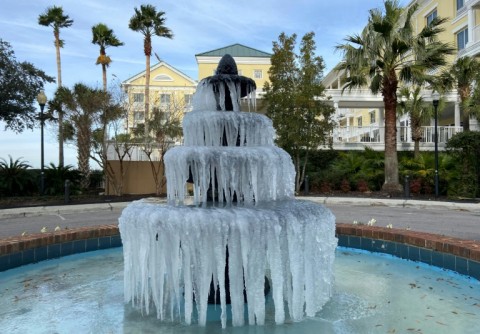
"We do have seven confirmed deaths at this point as a result of the storm in Erie County. There may be more," county executive Mark Poloncarz told reporters.
He described ferocious conditions, with hours-long whiteouts and bodies discovered in cars and under snow banks in a region where Governor Kathy Hochul deployed the National Guard to help with rescues.
"It was as bad as anyone has ever seen it," Poloncarz said.
'Conditions are just so bad'
The National Weather Service warned that blizzard conditions in the Great Lakes region caused by lake-effect snow would continue on Christmas Day, with "additional snow accumulations of 2 to 3 feet (0.6 to 0.9 meters) through tonight."
One couple in Buffalo, which sits across the border from Canada, told AFP Saturday that with the roads completely impassible, they would not be making a 10-minute drive to see their family for Christmas.
"It's tough because the conditions are just so bad... a lot of fire departments aren't even sending out trucks for calls," said 40-year-old Rebecca Bortolin.
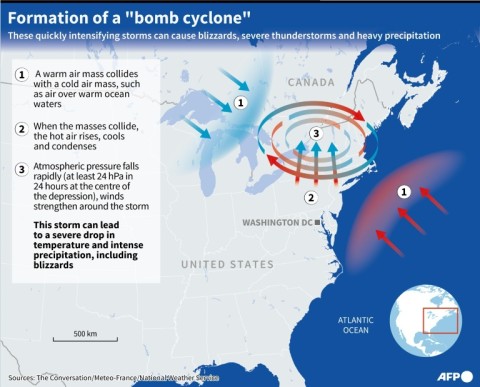
A broader travel nightmare was in full effect for millions.
The "bomb cyclone" storm, one of the fiercest in decades, forced the cancellation of more than 1,500 US flights on Sunday, in addition to some 3,500 scrapped Saturday and nearly 6,000 on Friday, according to tracking website Flightaware.com.
Transportation Secretary Pete Buttigieg tweeted Saturday that "the most extreme disruptions are behind us as airline and airport operations gradually recover."
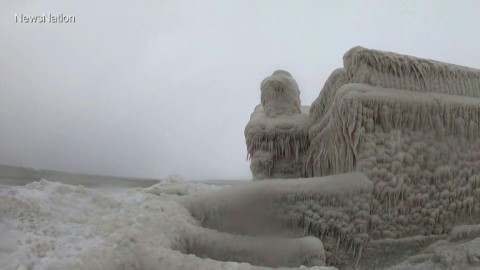
But travelers remained stranded or delayed at airports including in Atlanta, Chicago, Denver, Detroit, Minneapolis and New York.
Road ice and white-out conditions also led to the temporary closure of some of the nation's busiest transport routes, including the cross-country Interstate 70.
Drivers were being warned not to take to the roads -- even as the nation reached what is usually its busiest time of year for travel.
The extreme weather has severely taxed the country's electricity grids, with multiple power providers urging customers to reduce usage to minimize rolling blackouts in places like North Carolina and Tennessee.
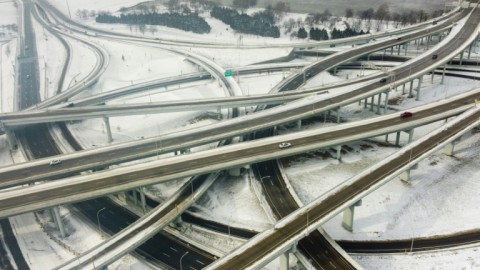
At one point on Saturday, nearly 1.7 million customers across the country were without electricity in the biting cold, according to tracker poweroutage.us.
But the figure dropped substantially by Sunday, although more than 200,000 customers in eastern states still lacked power.
Canadian authorities have also issued severe weather warnings. Hundreds of thousands were left without power in Ontario and Quebec provinces, many flights were canceled in major cities and train passenger service between Toronto and Ottawa was suspended.
In British Columbia province, authorities said 53 people were injured when a passenger bus crashed late Saturday on a highway known as the Okanagan Connector northeast of Vancouver. The cause of the crash was under investigation.

